Posted on March 15, 2017 by The Orwell Prize -

Submitted Articles
Posted on March 15, 2017 by The Orwell Prize -

Submitted Articles
Posted on March 15, 2017 by The Orwell Prize -

Submitted Articles
Posted on March 15, 2017 by The Orwell Prize -

Submitted Articles
Posted on March 15, 2017 by The Orwell Prize -

Submitted Articles
Posted on March 15, 2017 by The Orwell Prize -
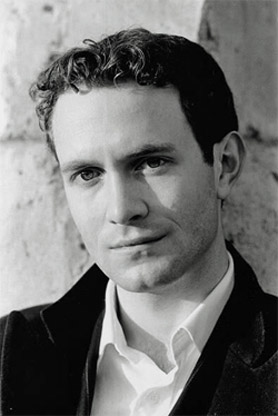
Submitted Articles
Posted on March 15, 2017 by The Orwell Prize -
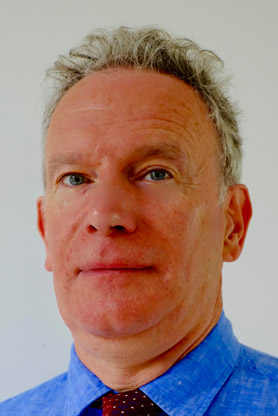
Submitted Articles
Posted on March 15, 2017 by The Orwell Prize -

Nick Cohen is a columnist for the Observer, and writes for the Spectator, New European, Washington Post, Standpoint and many other publications. He is the author of five books, including What’s Left and You Can’t Read This Book
Posted on March 15, 2017 by The Orwell Prize -

Submitted Articles
- Britain’s shame: the people who are homeless, even though they’re in work– The Guardian, 20/12/2016
- Treated like dirt, these teaching assistants have become the lions of Durham– The Guardian, 06/09/2016
- Burning anger in the land of Nye Bevan: why a Labour heartland is backing Brexit– The Guardian, 07/06/2016
- How Boots went rogue– The Guardian, 13/04/2016
- Creating child poverty for a whole new generation. Take a bow, Theresa May– The Guardian, 01/11/2016
- Your new iPhone’s features include oppression, inequality – and vast profit– The Guardian, 20/09/2016
Posted on March 15, 2017 by The Orwell Prize -

Submitted Articles
Posted on March 15, 2017 by The Orwell Prize -

The Return is at once a universal and an intensely personal tale. It is an exquisite meditation on how history and politics can bear down on an individual life. And yet Hisham Matar’s memoir isn’t just about the burden of the past, but the consolation of love, literature and art. It is the story of what it is to be human.
Hisham Matar was nineteen when his father was kidnapped and taken to prison in Libya. He would never see him again. Twenty-two years later, the fall of Gaddafi meant he was finally able to return to his homeland. In this moving memoir, the author takes us on an illuminating journey, both physical and psychological; a journey to find his father and rediscover his country.
Taken from Penguin
Posted on March 15, 2017 by The Orwell Prize -

On Easter Sunday, 23 April 1916, the seven members of the Irish Republican Brotherhood’s military council met to proclaim an Irish Republic with themselves as the provisional government. After a week of fighting with the British army on the streets of Dublin, the Seven were arrested, court-martialled and executed.
Cutting through the layers of veneration that have seen them regarded unquestioningly as heroes and martyrs by many, Ruth Dudley Edwards provides shrewd yet sensitive portraits of Ireland’s founding fathers. She explores how an incongruous group, which included a communist, visionary Catholic poets and a tobacconist, joined together to initiate an armed rebellion that changed the course of Irish history. Brilliant, thought-provoking and captivatingly told, The Seven challenges us to see past the myths and consider the true character and legacy of the Easter Rising.
Taken from Oneworld Publications
Posted on March 15, 2017 by The Orwell Prize -

Based on unrivalled access to all the key politicians and their advisors, including Boris Johnson, Michael Gove, George Osborne, Nigel Farage and Dominic Cummings, the mastermind of Vote Leave, Tim Shipman has written a political history that reads like a thriller, and offers a gripping, day-by-day account of what really happened behind-the-scenes in Downing Street, both Leave campaigns, the Labour Party, UKIP and Britain Stronger in Europe.
Shipman gives his readers a ringside seat on how decisions were made, mistakes justified and betrayals perpetrated. Filled with stories, anecdotes and juicy leaks the book does not seek to address the rights and wrongs of Brexit but to explore how and why David Cameron chose to take the biggest political gamble of his life and explain why he lost.
Taken from HarperCollins
Posted on March 15, 2017 by The Orwell Prize -
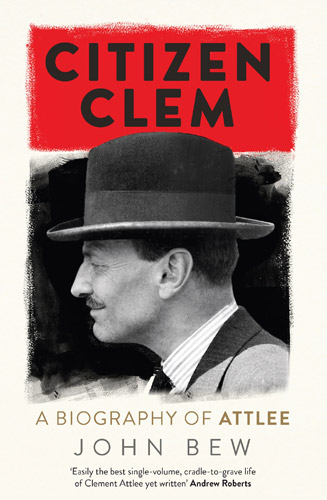
The story of Attlee is also much more dramatic than he himself ever made out – and not without an element of heroism. Here was a man born in the governing class who devoted his life to the service of the poor; who was carried off the battlefield three times in the First World War; who stood shoulder to shoulder with Churchill at Britain’s darkest moment, and then triumphed over him at the general election of 1945. His government of 1945-51 included Ernest Bevin, Herbert Morrison and Nye Bevan and was the most radical in history, giving us the NHS, National Insurance, NATO and the atomic bomb. In many ways we still live in a world of Attlee’s creation. This book will pierce the reticence of Attlee and explore the intellectual foundations and core beliefs of one of the most important figures in twentieth-century British history, arguing that he remains underappreciated, rather than simply underestimated. It will reveal a public servant and patriotic socialist, who never lost sight of the national interest and whose view of humanity and belief in solidarity was grafted onto the Union Jack.
Taken from Quercus
Posted on March 15, 2017 by The Orwell Prize -
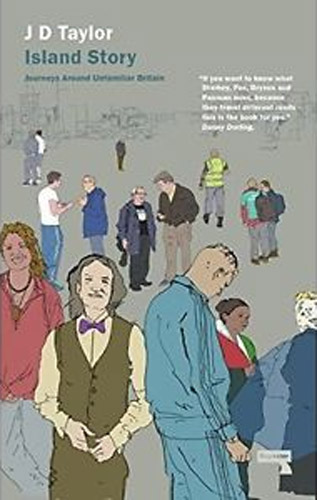
What is life like on this island? With a tent and a rusty bike, J.D. Taylor set off to find out. No other subject has spilt so much ink as Britain today. But whilst assuming a monopoly on national identity, a London-based elite has proven a poor forecaster of the political weather around the island.
Skeptical and inquisitive, Taylor instead cycled all round Britain, interviewing and staying with strangers from all walks of life. Without a map and travelling with the most basic of gear, the journey revels in serendipity and schadenfreude.
Island Story weaves histories, experiences and ideas to tell another kind of story: one of rebellion and retail parks, migration and inertia, pessimism and disappearing ways of life, and a fiery, unrealized desire for collective belonging and power.
Taken from Repeater Books
Posted on March 15, 2017 by The Orwell Prize -

Eloquent and searingly honest, this is Hibo’s memoir which promises not only to tell her remarkable story but also to shed light on a medieval practice that’s being carried out in the 21stcentury, right on our doorstep. FGM in the UK has gone undocumented for too long and now that’s going to change. Devastating, empowering and informative, this book brings to life a clash of cultures at the heart of contemporary society and shows how female genital mutilation is a very British problem.
Taken from Simon & Schuster
Posted on March 15, 2017 by The Orwell Prize -
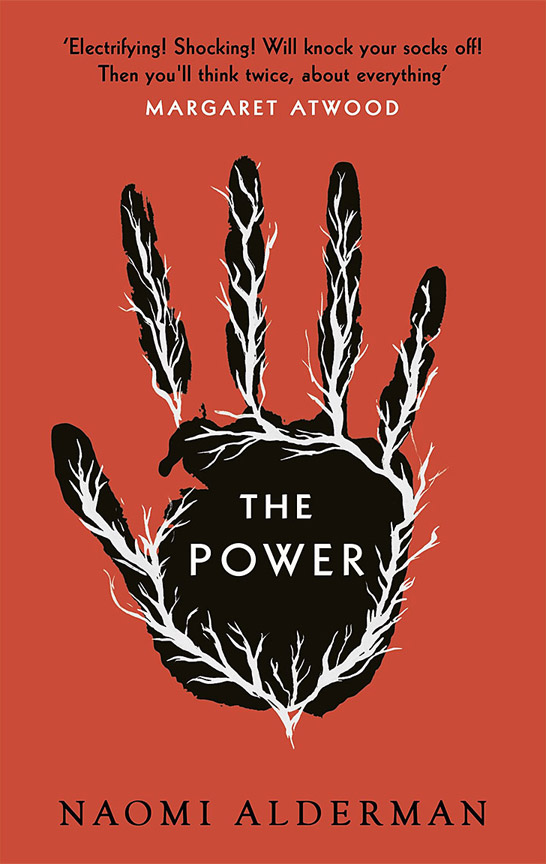
What if the power to hurt were in women’s hands? Suddenly – tomorrow or the day after – teenage girls find that with a flick of their fingers, they can inflict agonizing pain and even death. With this single twist, the four lives at the heart of Naomi Alderman’s extraordinary, visceral novel are utterly transformed.
Taken from Penguin
Posted on March 15, 2017 by The Orwell Prize -
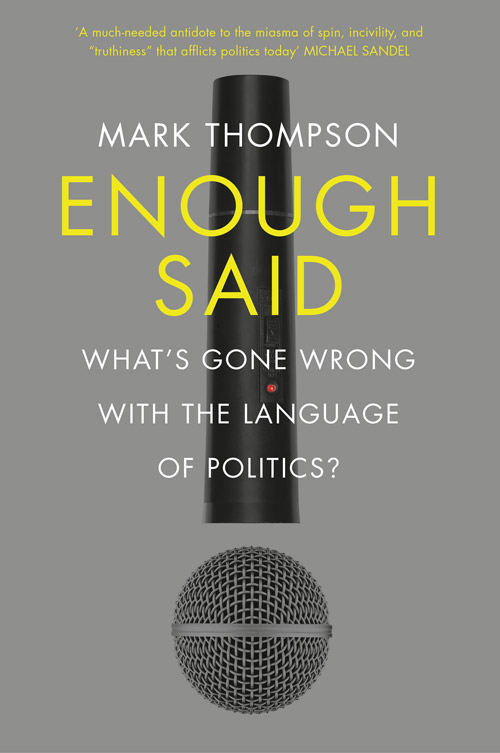
How do we discuss serious ideas in the age of 24-hour news? What was rhetoric in the past and what should it be now? And what does Islamic State have in common with Donald Trump?
We’ve never had more information or more opportunity to debate the issues of the day. Yet the relationship between politicians, the media and the public is characterised by suspicion, mistrust and apathy. What has gone wrong?
Enough Said reveals how political, social and technological change has transformed our political landscape – and how we talk about the issues that affect us all. Political rhetoric has become stale and the mistrust of politicians has made voters flock to populists who promise authenticity, honesty and truth instead of spin, evasiveness and lies.
Taken from Penguin

















